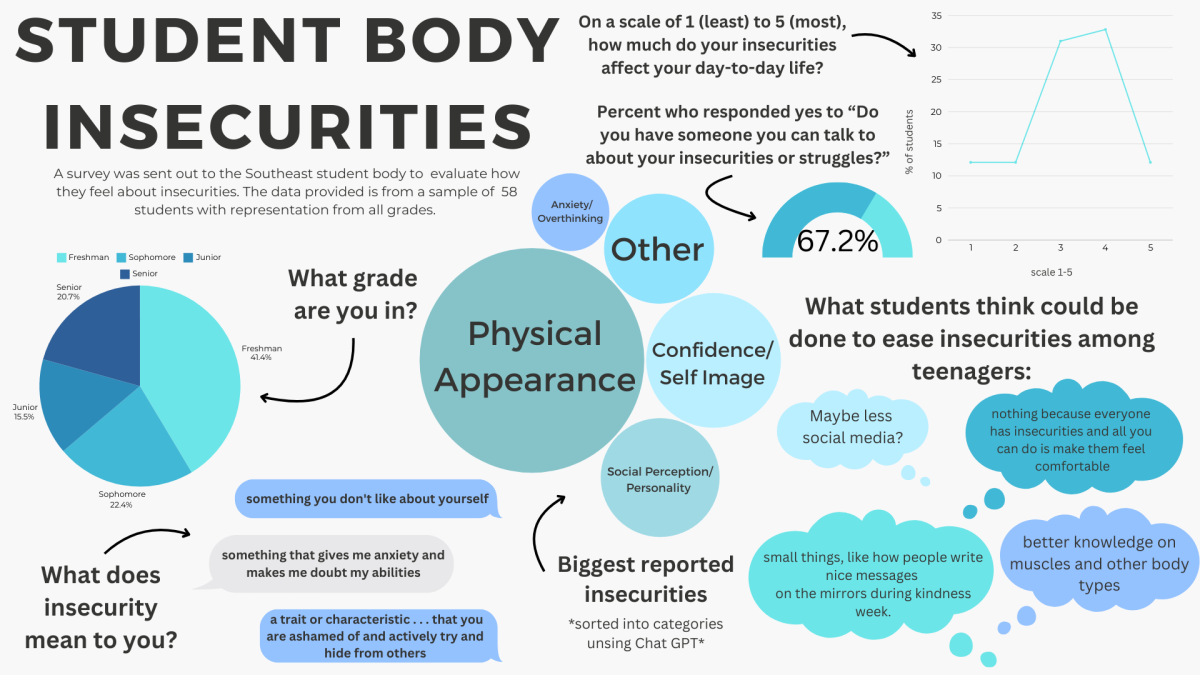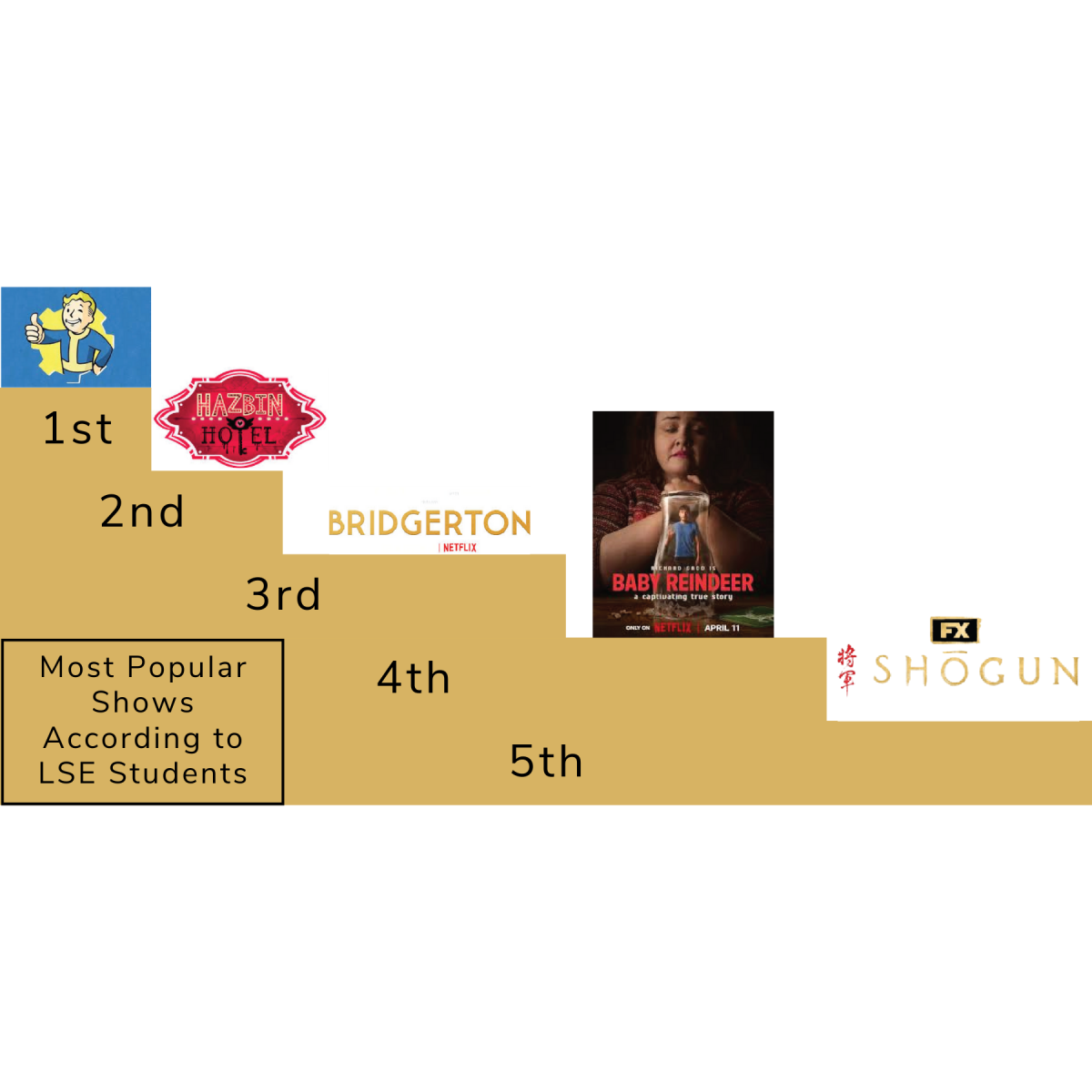As a generation living at the height of the digital age, we have become even more concerned with how we appear to others. When we start to obsess over other people’s online personas, we are blindly granting ourselves permission to misinterpret reality and make assumptions. This is easier to do now more than ever with the multitude of digital avenues we have, but for that, relationships suffer.
The millennial generation is constantly dismissed as being lazy, uninformed, and self-entitled, which for the most part, is very untrue. Something we are though, according to the Pew Research Center, is less committed. Fewer millennials are in long term, committed relationships than generations of the past. 59 percent of adults ages 18-29 were married in 1960, but only 20 percent in that age group were married in 2011. This problem can be attributed to the fact that we don’t know how to initiate relationships, because the usage of social media and dating apps has made it so easy to be deceptive. This can include anything from presenting yourself as someone you’re not, to sneaking around your significant other and flirting with other people in direct messages.
This frequent deception can lead to trust issues, which in itself is a horrible cycle. In a collective article “How can you learn to trust again?” from Psychology Today, Daniel Bornstein of the American Psychiatric Association shared his professional expertise.
“Once trust has been betrayed, most people will be less trusting the next time,” said Bornstein.
Mary Hotvedt, President of the American Association for Marriage and Family Therapy and fellow contributor to the trust article said, “We ask for reassurances from the very person who was dishonest with us. We demand details that are often torturous. The way back to trust is counterintuitive. The issue is whether we can trust ourselves to make wise decisions.”
We must look to ourselves to seek and accept forgiveness, before we can learn to trust again. If we never do, every single one of our relationships is impacted. Emotional intimacy, defined by the University of Florida’s Counseling and Wellness Center as “where two persons can comfortably share their feelings with each other [and] try to understand and be aware of the other person’s emotional side,” is a key factor to any relationship.
According to another article by Psychology Today, to effectively communicate and reach this level of emotional intimacy, find a healthy balance between listening and talking. Be involved in the conversation by asking questions rather than making accusations.
In a survey of Mrs. Stauffer’s Families and Crises and Human Behavior classes, the top five attributes to a successful relationship, whether it be platonic or romantic, are trust, communication, honesty, being yourself, and faithfulness. Senior Ace Ramirez, a student in Stauffer’s class, applied these fundamental traits to both types of relationships.
“With platonic [relationships,] you look out for your friend, you make sure they’re well and thriving in every way,” said Ramirez. “It’s saying, ‘Hey, I got your back whenever, wherever. You’re family, and you are a component in my life.’ As for romantic [relationships,] you’re honest with them because you trust them, [and] love them. It’s saying, ‘I love you, I care for you, and I want you to be the greatest you can be because you are beyond magnificent.’”
It’s easy to know what constitutes as a good relationship, but how do we use it to our benefit? Juniors Tyana McDowell and Nikolai Jaramillo have been together for almost four years and have figured it out so effortlessly. One of the first things that helped their relationship grow is a commonly overlooked aspect: effort.
“We see each other almost everyday, for a couple hours,” said Jaramillo.
Making an effort to set aside time helps ensure your loved ones feel loved. It’s an early sign of commitment. Since their relationship began in July 2013, they have never broken up. Even when faced with inconveniences, like going to different schools for a while, or minor arguments, they were able to remain steadfast and loyal.
“[Don’t] say stuff you don’t mean because you’re mad,” said McDowell. “Making sure you’re saying what you feel and not making accusations [is important.] I feel like a lot of people just get mad at the other person and don’t take accountability for themselves. You just expect them [needs] to be met but you don’t talk about them.”
If you’re not direct and honest with your wants and needs, it’ll be increasingly difficult to accomplish anything productive. If something is bothering you, speak up rather than jump to conclusions.
“Know it’s not the end of the world if they don’t text back,” said McDowell.
McDowell emphasized the importance of being understanding toward your partner and embracing inevitable change.
“A lot of people expect their relationship is always going to be the same as it was in the beginning and then if something changes, they freak out and think the other person doesn’t like them anymore,” said McDowell. “We’ve changed, and changed together at the same time.”
After high school, Jaramillo plans to study at UNL and McDowell at Wesleyan. They’ve always talked about being together in the future and plan on getting married eventually. Jaramillo and McDowell both agree that planning for the future has helped strengthen their relationship.
“If you don’t see a future with who you’re with, there’s no point in being together,” said McDowell. “We’re best friends now. We probably couldn’t get away from each other if we tried to.”





